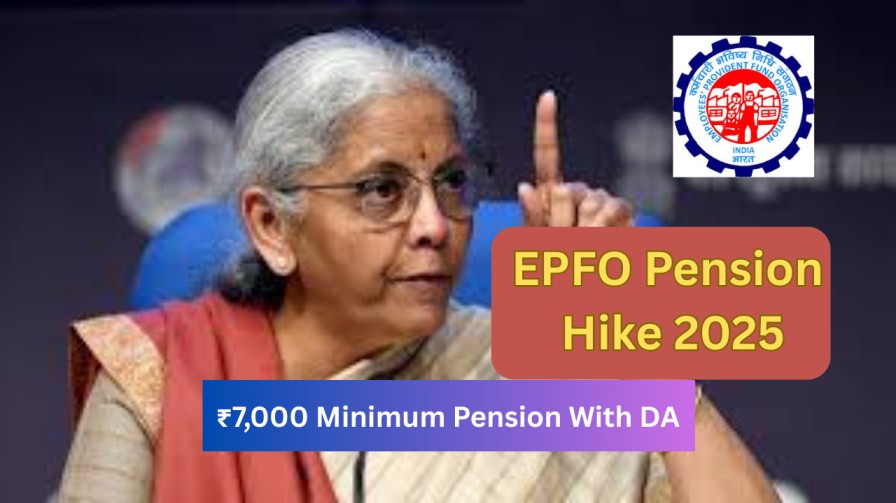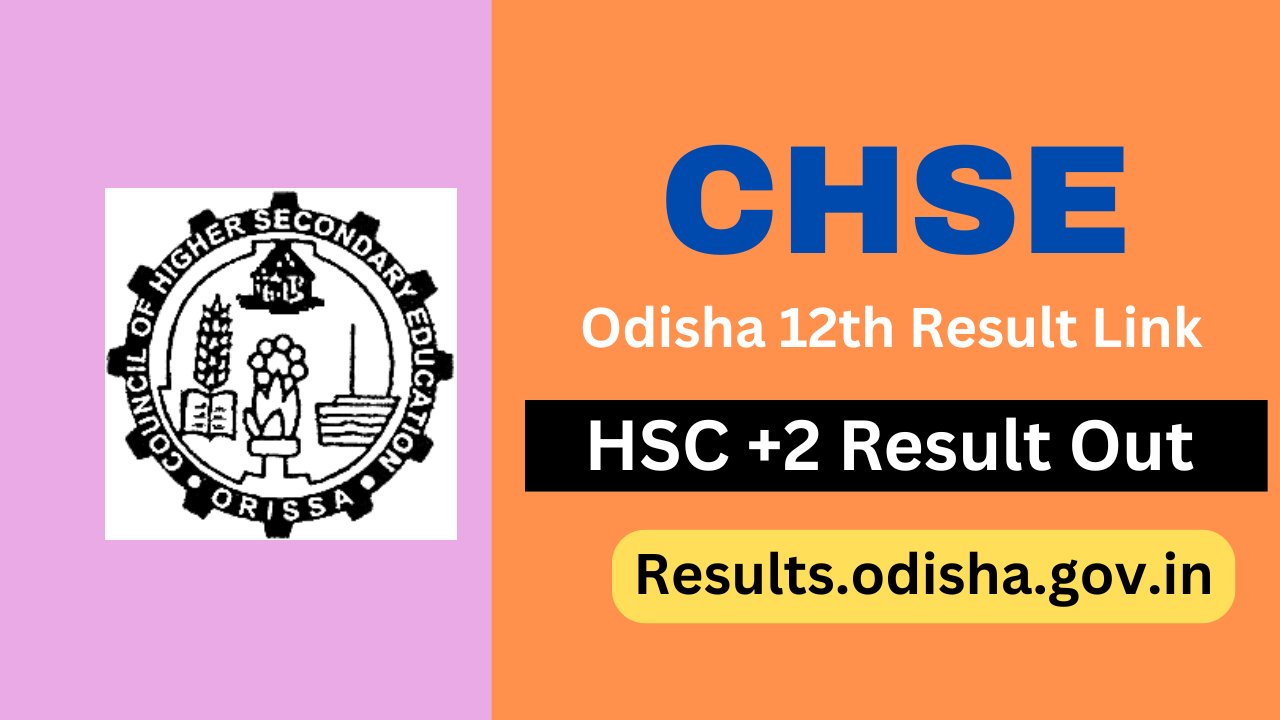Cost of Living Singapore 2025– In May 2025, Singapore’s government is rolling out a much-needed financial aid initiative aimed at easing the burden of rising costs for citizens. With payouts ranging from $200 to $400, this support is designed to help residents cope with inflation and the increasing Goods and Services Tax (GST). The relief comes at a crucial moment, with everyday expenses becoming increasingly challenging for many households.
Here’s a breakdown of the upcoming Cost of Living Singapore 2025 support measures – what it is, who qualifies, how much you can expect, and when to expect it. We’ll also walk you through the eligibility criteria, the types of benefits, and answer any common questions you may have.
What is the Cost of Living Singapore 2025 Support?
The Cost of Living (COL) Singapore 2025 payouts are part of the broader Budget 2025 initiative to help Singaporeans manage their living expenses. Aimed primarily at low- and middle-income earners, this one-time payout will range between $200 and $400 depending on your income and property ownership. The payments are set to begin in May 2025 and will be credited directly to your bank account.
To ensure the assistance goes to those who need it most, the government has designed a tiered structure for the payouts, and the overall initiative will cost a hefty $1.9 billion. This financial aid is part of a broader Assurance Package aimed at mitigating the impact of inflation and slower economic growth.
Quick Overview of the Cost of Living Singapore 2025 Support:
| Feature | Details |
|---|---|
| Payout Amount | $200 to $400 |
| Disbursement Date | May 2025 |
| Eligibility Criteria | Singapore citizens, 21+ years, income ≤ S$100,000, ≤ 1 property |
| Income Assessment | Based on YA 2023 (income from 2022) |
| Estimated Budget | S$1.9 billion |
| Other Support | CDC vouchers, U-Save rebates, MediSave Bonus |
| Target Recipients | Around 2.5 million Singaporeans |
The $200-$400 Payout Breakdown
How much you’ll receive depends on your income. The more you earn, the less you’ll get, but the government has structured these payouts to ensure that lower-income earners benefit the most:
- S$400 for those with annual income under S$22,000
- S$300 for income between S$22,000 and S$34,000
- S$200 for income between S$34,000 and S$100,000
This tiered approach is designed to target those most affected by rising living costs. It’s a one-time payout, but it comes alongside other support measures, like CDC vouchers and utility rebates, which make the overall package even more valuable.
Are You Eligible for the Cost of Living Singapore 2025 Payout?
The government has laid out clear eligibility criteria to ensure that the right people receive the payout:
- You must be a Singapore citizen.
- You must be at least 21 years old in 2025.
- Your annual income (assessed using 2022 earnings) should not exceed S$100,000.
- You should own no more than one property.
The income assessment will be based on your 2023 tax return, which reflects your earnings from 2022. Even if you’re unsure of your eligibility, don’t worry—the government will confirm eligibility and send updates closer to the payout date. It’s a good idea to check that your details are correct with relevant agencies to avoid any issues.
What Other Benefits Come with the $200-$400 Cost of Living Support?
The payouts are just one part of a larger set of benefits aimed at easing the financial pressure. Here’s a look at other measures that might benefit you:
- B2025 COL Special Payment: Eligible Singaporeans will get a direct cash payout, which will help around 2.5 million people.
- CDC Vouchers: Citizens will receive $600 worth of vouchers for use at local merchants and supermarkets. These will be distributed in May and June 2025.
- U-Save Rebates: Households in HDB flats will receive rebates on their utility bills, some up to S$950 for the year. These are disbursed quarterly.
- MediSave Bonus: Singaporeans aged 21 to 50 will receive a one-time bonus of up to $300 into their MediSave accounts, based on their birth year.
- Additional Support: You may also receive LifeSG credits, tax rebates, and S&CC rebates to further reduce living costs.
All of these combined measures aim to provide much-needed relief for families, especially those with children or elderly members to support.
Latest Updates on the $200-$400 Cost of Living Payout
In Budget 2025, the government announced a S$1.9 billion enhancement to the Assurance Package. This boost aims to provide even more comprehensive support to Singaporeans, especially in light of rising inflation and sluggish wage growth. The increased funding will help cover the costs of these extended measures, making sure citizens can continue to manage their expenses in difficult times.
The Assurance Package itself has been evolving since its launch in 2023, adding more features like bigger payouts for larger households with dependent children or elderly members. Households with two children and lower incomes can receive up to S$3,000, while larger families can receive up to S$8,000 annually.
FAQ
1. Who qualifies for the COL payout in May 2025?
- Singaporean citizens aged 21 or older, with annual income below S$100,000, and who own no more than one property.
2. How much will I get?
- The amount ranges between $200 and $400, depending on your income bracket.
3. Is the payout automatic?
- Yes, if you qualify, the payout will be credited directly to your bank account in May 2025.
4. Will PRs be eligible for this payout?
- No, this payout is available only to Singaporean citizens.
5. Do I need to apply?
- No application is required. If you meet the eligibility criteria, the payout will be made automatically.
Final Thoughts
The Cost of Living Singapore 2025 initiative is a well-timed relief measure to help citizens weather the financial challenges posed by inflation and rising living costs. With a combination of direct payouts, vouchers, rebates, and bonuses, the government is stepping in to ease the pressure on households.
Make sure to check your eligibility and keep your records updated, so you don’t miss out on the support available to you. Stay informed through official sources, and share this guide with others who might benefit.


